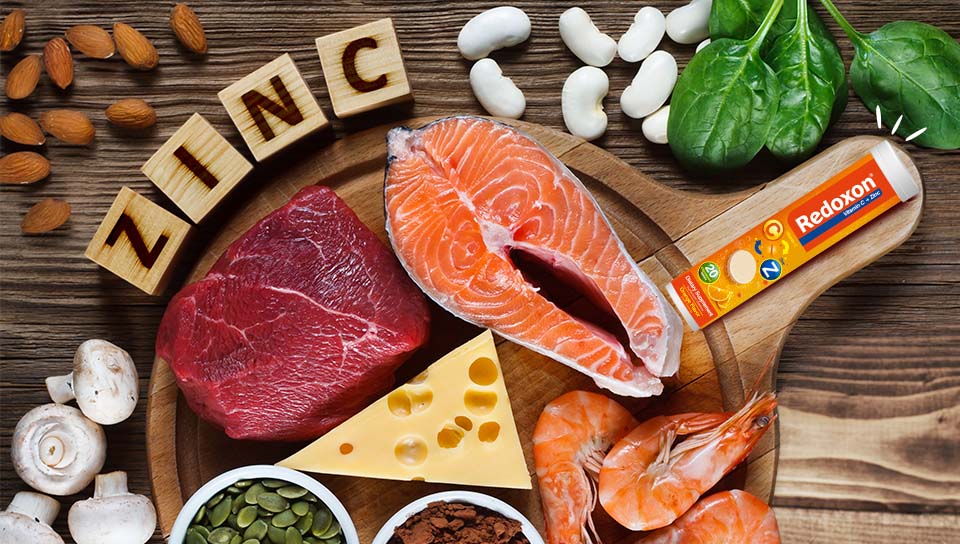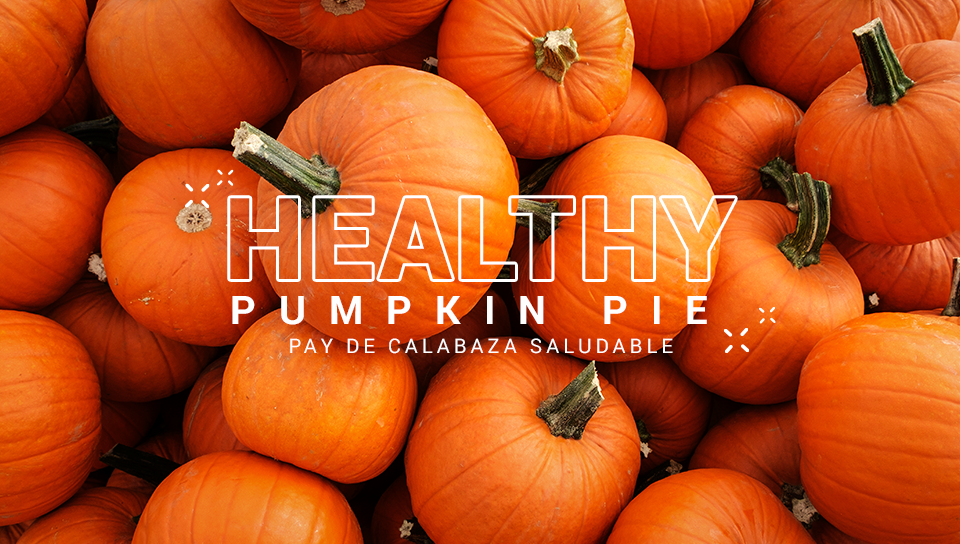Vitamin C and Zinc When Pregnant or Nursing
Sep 16 2020


Women who are pregnant or nursing have specific nutrient needs, which can be supplemented with the Vitamin C + Zinc double-action of Redoxon®.
A healthy lifestyle is something everyone should strive for. When a woman is pregnant or nursing, however, the stakes are higher, as she’s looking out for two. Among the most important nutrients for our overall health are Vitamin C and Zinc, which pregnant women can obtain through a number of healthy food sources and/or from vitamin supplements, depending on their Recommended Intake (RI). New or expectant mothers can glean many benefits from both Vitamin C and Zinc depending on their recommended intake (RI).
Benefits of Vitamin C for pregnant women
Vitamin C is an antioxidant that everyone needs, as it strengthens the immune system, helps us better absorb iron, and helps heal wounds and tissues, all of which are even more important during pregnancy. It’s also necessary for the production of collagen, a crucial cartilage protein, tendons, bones, and the skin. Additionally, some researchers believe that Vitamin C deficiency in mothers impairs their baby’s mental development.
Benefits of Vitamin C for women who are nursing
- Fortifies breast milk
Most of what a new mother gets passed on to her baby through breast milk. Vitamin C provides many benefits for the infant and improves the mother’s antioxidant levels. It also increases milk supply and helps provide a steady flow. - Strengthens the immune system
Nursing mothers can get sick, but the proper Vitamin C intake, the body has a better chance of fighting any infection before it can be passed on to the child. - Combats mastitis
This disease occurs when a milk duct is blocked. The bacterium Staphylococcus aureus causes chronic mastitis, and studies show that Vitamin C combats this bacterium. - Reduces the baby’s chances of developing allergies
Babies need a certain amount of Vitamin C to stay healthy, free from developing diseases like scurvy. Babies who are nursed by mothers with adequate Vitamin C intake have a lower tendency to develop allergies.
Foods rich in Vitamin C
The body doesn’t produce Vitamin C on its own, so it’s important to have a healthy daily variety of fruits and vegetables rich in Vitamin C, like:
- Broccoli
- Kiwi
- Oranges or orange juice
- Strawberries
- Tomatoes
- Red peppers
- Leafy vegetables
Zinc Benefits
About 80% of pregnant women worldwide consume well below their RI of Zinc. There are a couple of important reasons to ingest Zinc while pregnant.
- It helps the development of the fetus
Zinc is essential in cell growth and in the production and functioning of DNA. - It helps balance out the hormones associated with labor
Zinc is needed for normal immune function, and its deficiency may cause systemic or intra-uterine infections, both of which can lead to pre-term birth, increasing the chances of neonatal and infant morbidity and mortality.
Zinc food sources
Pregnant or nursing women can obtain their Zinc RI through:
- Fortified cereals
- Red meat
- Seafood
- Poultry (chicken, turkey, duck)
- Beans
- Nuts (cashews, peanuts, almonds)
- Whole grains
- Dairy products (milk, cheddar cheese)
Vitamin supplements
Newly pregnant women and first-time mothers are encouraged to follow a healthy diet. However, it’s not always possible to ingest the proper amount of nutrients through food; taking certain supplements will help them correct this imbalance.
Whatever the case may be, women who are pregnant or nursing can supplement their RI of Vitamin C and Zinc with Redoxon®, as its double-action, fast-absorbing, effervescent tablets are the ideal support for balanced health during these important stages of life
References
Bonyata, K. (2018). Vitamins & other supplements for breastfeedingmothers
Darnton-Hill, I. (2013). Zinc supplementation during pregnancy
Johnson, M. (n.d.). Is it safe to take vitamin C duringpregnancy?
Mrunal. (2018) Should you take vitamin C whilebreastfeeding?
Nall, R. (2019). What happens when you take too muchvitamin C?
Stewart, D. H. (n.d.). Zinc in your pregnancy diet








